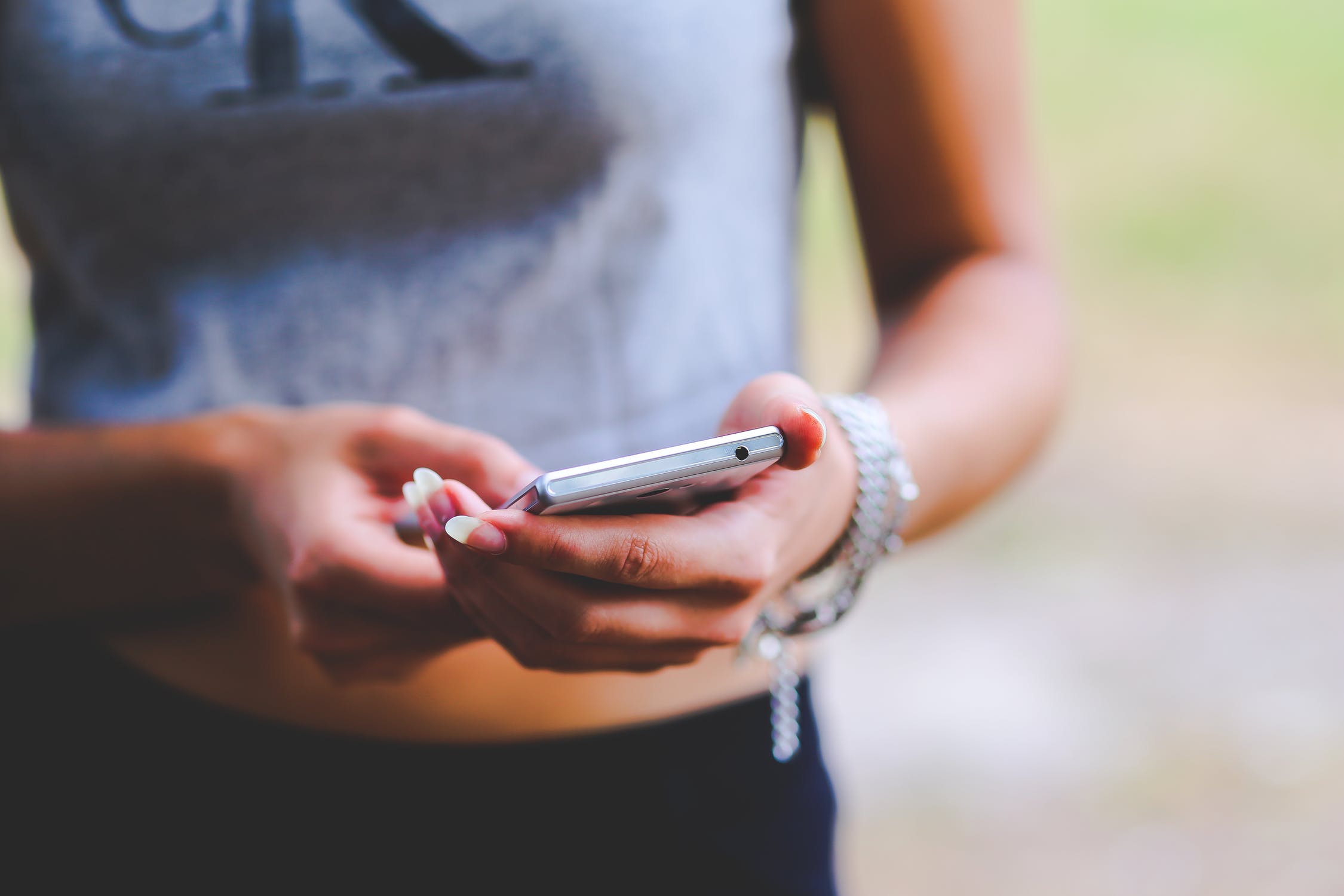
Back in April, The Triangle published articles about Drexel University teams working on a genetic tracing “barcode” tool to help understand the path that COVID-19 has taken across the globe, along with how the virus has been mutating.
The tool itself is called an Informative Subtype Marker, and it circumvents the laborious process of analyzing the entire genetic sequence of COVID-19 itself to understand how it changes.
It was a valuable study moving forward, as Drexel’s Gail Rosen, Ph.D. — who led the creation of the genetic tracing barcode — was proud to say. Rosen elaborated on just what the genetic analysis tool can do. The method can figure out variations of the virus in different populations to not only help understand how COVID-19 is mutating and changing but also to see which populations are doing a good job of containing it.
Why does knowing the regionality of the COVID-19 outbreaks in various places matter? Well, instead of seeing a singular large outbreak, the ISM tool can analyze the outbreak and break it down into various “subtypes,” as the sequences of COVID-19 are different in North America than found in patients in Asia and Europe.
This allows the pinpointing of the virus in states with large cases to specific events. For example, it can differentiate between a case where a person had come from Europe and a local outbreak of the North American subtype of COVID-19. It serves as a faster way to better understand COVID-19 in your area.
Along with understanding the various mutations in the virus from the various parts of the world, Drexel’s three-person team — comprised of Rosen, doctoral student Zhengqiao Zhao and independent researcher and intellectual property attorney Bahrad A. Sokhansani Ph.D. — has agreed that the ISM tool’s understanding of genetic sequences can effectively fight off COVID-19.
Using the ISM tool can allow researchers to find the parts of the genetic code of the various subtypes of COVID-19 that don’t mutate and evolve, which could in turn be used to combat the virus itself.
If you can understand those parts of the virus — which seem to be the two parts that are responsible for entering the body into healthy cells — you can better understand the body’s response to the virus and how antiviral methods could be found.
Now flash forward to July. Drexel University has launched a contact tracing app that lets its users know “whether they have symptoms that might indicate a COVID-19 infection,” according to an article published by The Philadelphia Inquirer.
Physicians will be the ones to review the app users’ responses, along with polling the users about their living situations, testing history and other important markers. With this, the Drexel app seems to be dialed in on focusing on how students can effectively be contact traced while on campus.
As contact tracing strives to become a more transparent and responsive process, there is only so much that can be done until we can speed up the time it takes to effectively cover all the necessary bases.
As Austin Kilaru, emergency physician and fellow in the National Clinician Scholars Program at Penn’s Perelman School of Medicine, explained to Kasra Zarei at The Inquirer, ‘“Technology offers a great deal of promise not just making the work easier, but also making it more effective.”’
With technology streamlining the contact tracing process — which typically requires manual labor, phone calls and time-consuming efforts — the goal of tracing students, their whereabouts and risk of infection is made more effective. This is crucial to having college students safely live on campus.
While this app could be highly beneficial, it does seem to fall into the grey area of bordering the digital privacy line. As many new apps are developed to help contact trace, there is the question of whether or not they are properly going to protect their users’ digital privacy — or ask for too much information.
The Drexel app simply asks if the user is okay with sharing personal data. But after Nature Medicine did a study on other coronavirus-related apps, it seems that many of them lack the necessary privacy protections that they should have. Unlike other apps, that seem to ask for unnecessary and irrelevant personal information in exchange for the vital service of understanding exposure risk, Drexel’s app has focused on privacy and using its own platform through the app rather than tracking location.
And while some other apps may have ulterior motives, the focus of the Drexel app is on “COVID-19, health and COVID-19 innovation,” as Charles Cairns — the dean and senior vice president of medical affairs at Drexel University College of Medicine — explained to The Inquirer.
Cairns went a step further to explain the importance of consumer willingness to share privacy information in the digital era, even as he understands the sheer importance of keeping college campuses safe.
“Checking symptoms on a voluntary basis is better than blindly tracking people with technology. The privacy concerns people bring up are very real. But on the other hand, we all benefit from a healthy campus and a safe environment,” Cairns explained.


